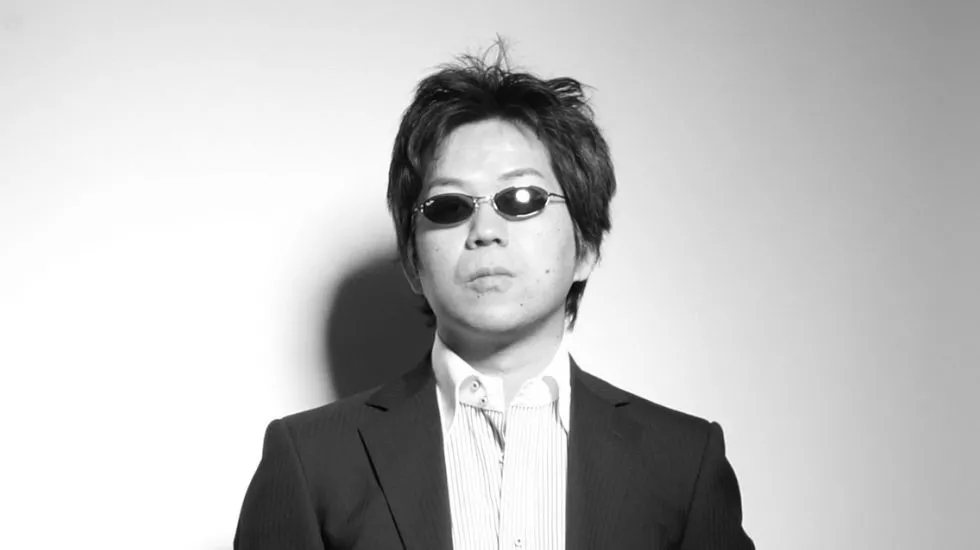Anime
Trucking Industry Blames Isekai Anime and Manga for Giving Them a Bad Reputation
Advertisement
Japan's trucking industry is concerned that its image could be tarnished by popular fiction.
According to transportation company owners, the frequent use of trucks in scenes depicting fatal accidents in isekai anime and manga is creating a subconscious fear of trucks among viewers.
“In movies, dramas, manga and anime, it is almost always a truck used in scenes where characters die in traffic accidents.“
During a discussion about image problems in the transportation industry, a businessman from Shizuoka Prefecture argued that repeated exposure to scenes, particularly in isekai anime and manga, where trucks are often portrayed as causing fatal traffic accidents involving main characters, is creating a negative association with trucks, especially for young audiences.
“There's a well-known brainwashing technique called subliminal messaging. If this is being used to imprint on the human subconscious, then the aforementioned scenes we naturally see on TV and in childhood manga are ample material for forming a fear or aversion to trucks and the like. Considering how emotionally invested people are in these stories, the effect is tremendous.,” he said.
He also criticized the media's sensationalization of real accidents involving trucks, which he believes reinforces negative stereotypes.
This, in turn, leads to recruitment challenges, where family members discourage working in the sector.
“..When you watch the news, major accidents involving large vehicles are sensationally reported, as if to say, "We've been waiting for this." Viewers, thinking "another truck accident," subconsciously form new negative images, which lead to phenomena like "parental block" or "marital block" during recruitment.“
The businessman also blamed the mainstream media for treating logistics and the driver shortage as if it were someone else's problem, while claiming to protect logistics and drivers.
While recognizing the importance of freedom of expression, he advocated for a more balanced representation of trucks in the media.
“Considering that freedom of speech exists, I understand that it's inevitable, but if that's the case, I want them to balance it by also promoting positive images of trucks.“
He then revealed that his company is actively using social media to combat negative perceptions by promoting positive aspects of the trucking industry and the work of its drivers.
However, he recognized the challenge of overcoming the pervasive influence of popular culture.
Source: Weekly logistics news





